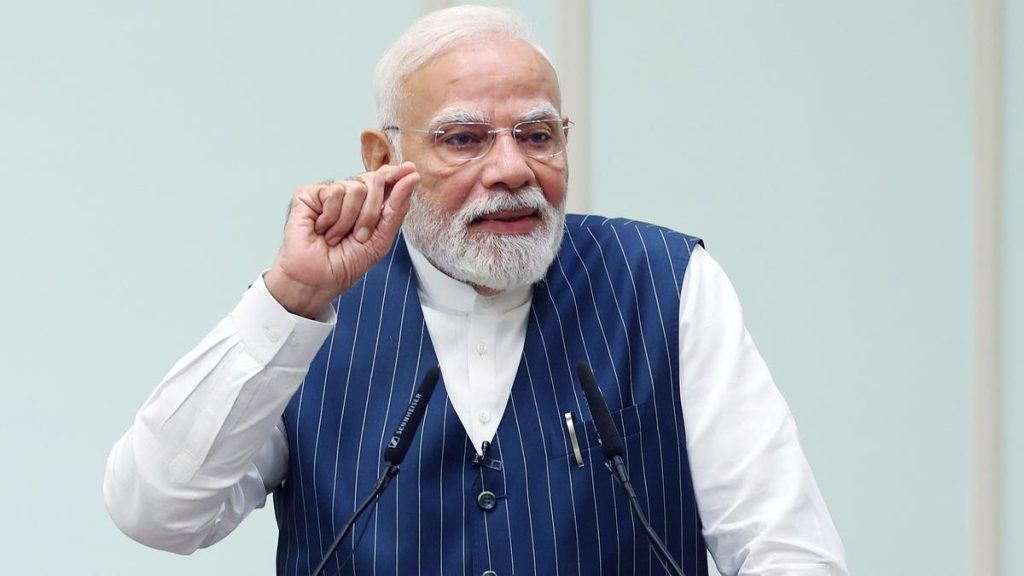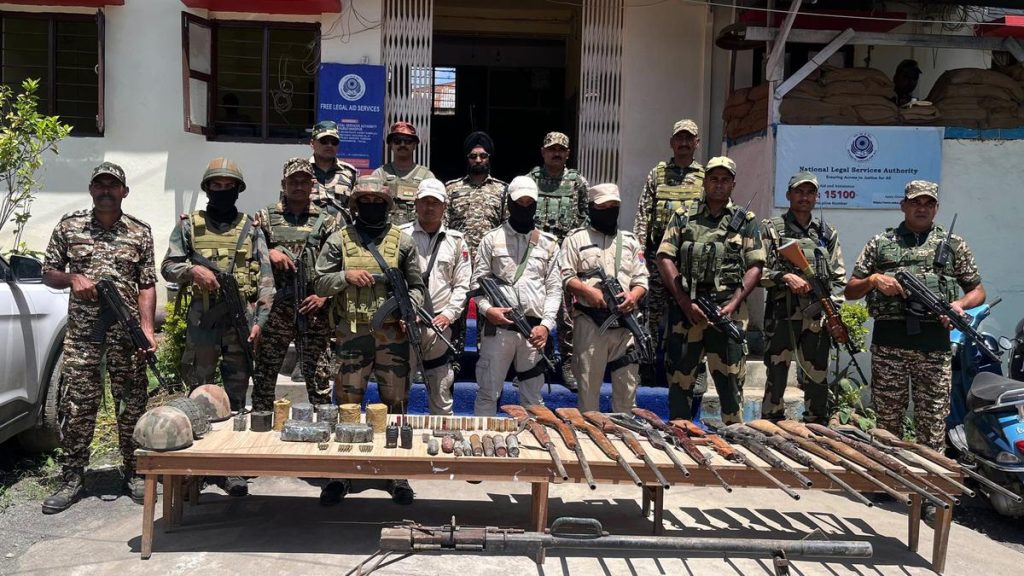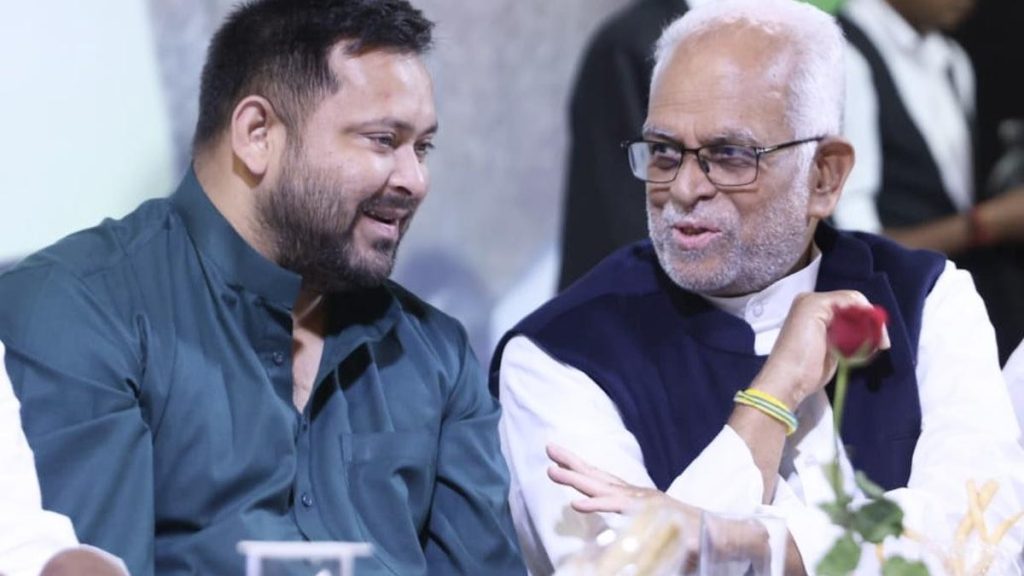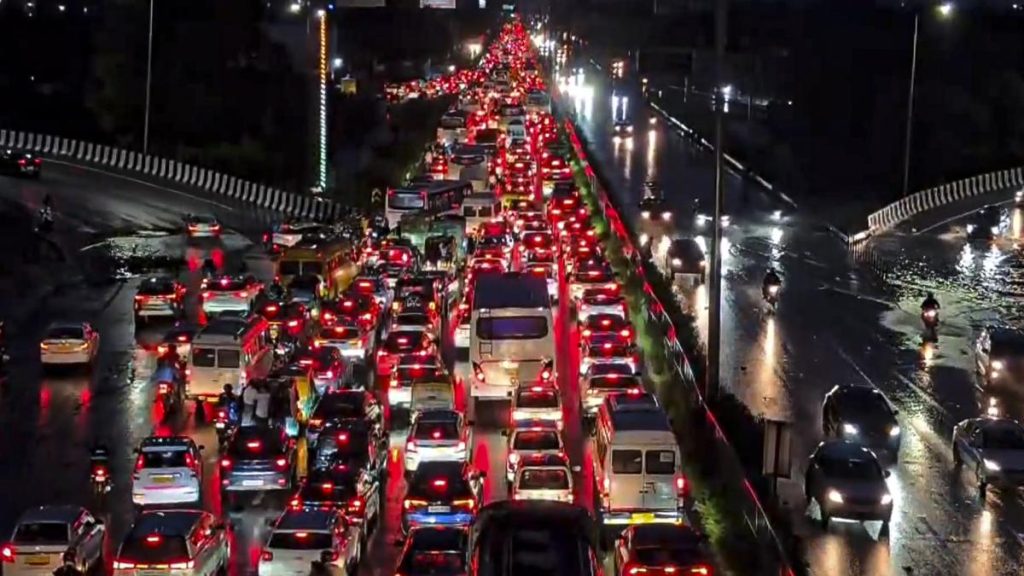Now Reading: NGO Urges Stronger Heat Warning Systems as Study Highlights Risks at Madurai Conference
-
01
NGO Urges Stronger Heat Warning Systems as Study Highlights Risks at Madurai Conference
NGO Urges Stronger Heat Warning Systems as Study Highlights Risks at Madurai Conference

Quick Summary
- Event Details: Extreme heat stress observed during Tamizhaga Vettri Kazhagam (TVK) conference held in Madurai on August 21, 2025; conditions deemed severe enough to cause fainting within an hour or death within 30 minutes of exposure.
- Past Incidents: Heat-related tragedies were previously recorded at the TVK conference in Vikravandi (October 2024) and Chennai Air Show, where five fatalities occurred.
- Scientific Data: Universal Thermal Climate Index (UTCI) exceeded dangerous levels-43°C to a peak of 45°C-between 12:30 p.m. and 4:30 p.m.during the Madurai event, coinciding with mass fainting reports and two deaths.
- Call for Policy Change: Study by ‘Poovulagin Nanbargal’ suggests incorporation of UTCI bioclimatic models into India’s forecasting systems, legal recognition of extreme heat as a natural disaster, and increased preparedness measures for events during heat waves.
- Measurement Issues with IMD: India Meteorological Department currently relies only on maximum temperature readings over a fixed timeframe for issuing heatwave alerts; this method excludes factors like humidity, wind speed, and specific hours of vulnerability.
Indian Opinion Analysis
Extreme heat events are no longer isolated phenomena but growing concerns tied closely to climate trends impacting Tamil Nadu-and indeed large swathes of India-as evidenced by tragic results from major public gatherings. The study underscores inadequacies in existing warning systems managed by the IMD which focus primarily on temperature instead of thorough indicators like UTCI that account for more dynamic climatic parameters affecting human tolerance.
India’s robust disaster management frameworks have typically dealt effectively with flooding or cyclones through early warnings; however, situating extreme heat as an equivalent “natural disaster” could facilitate timely intervention strategies such as altered event timings or preemptive public advisories. This policy shift might prove critical not just in Tamil Nadu but pan-India due to intensifying global warming patterns.
For citizens recurrently exposed to dangerous temperatures during cultural or political gatherings-a common feature in India-the scientific assessment strengthens calls for integrating advanced bio-climatic indices into routine weather forecasts. such enhancements may help save lives while underscoring the need to rethink urban planning around resilience against rising thermal stress events in future years.Read more

























